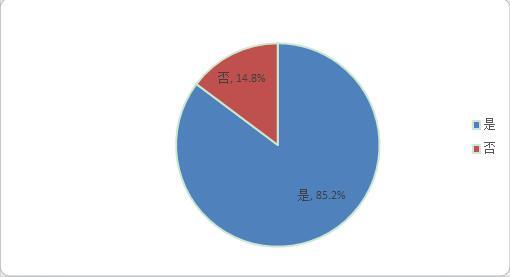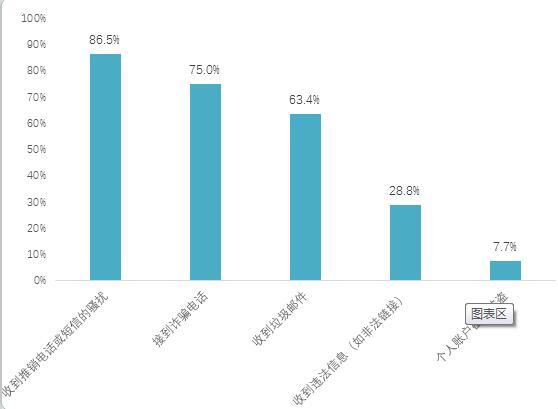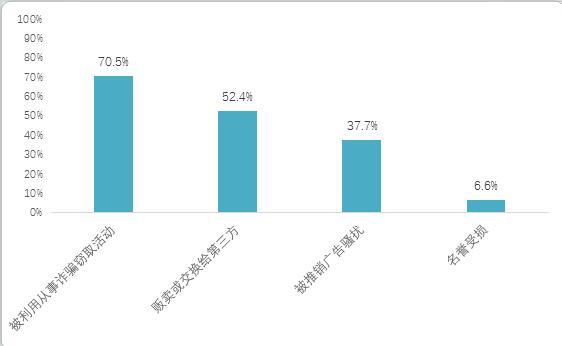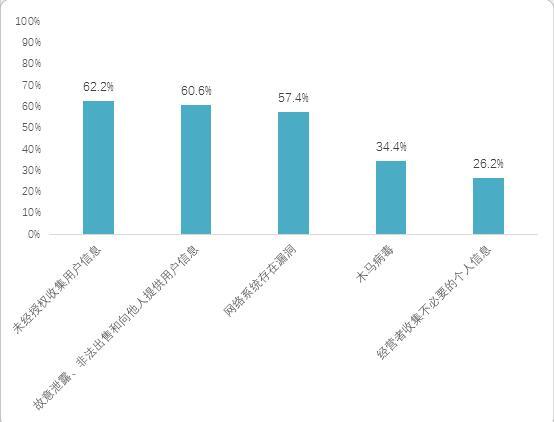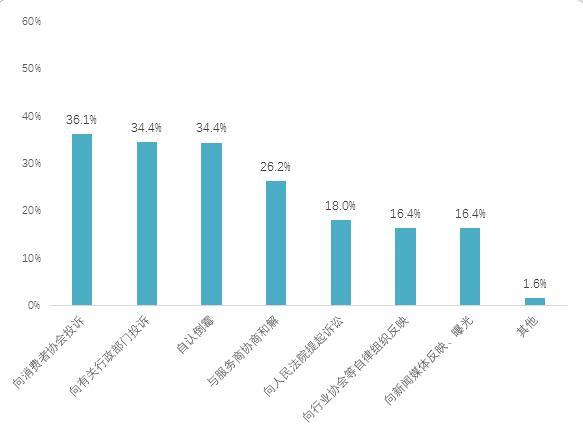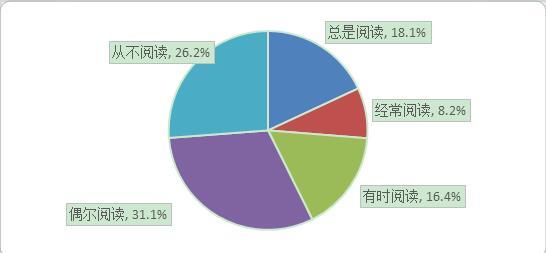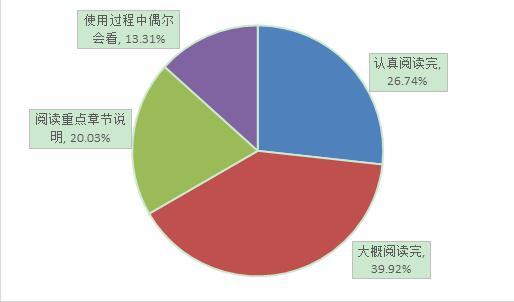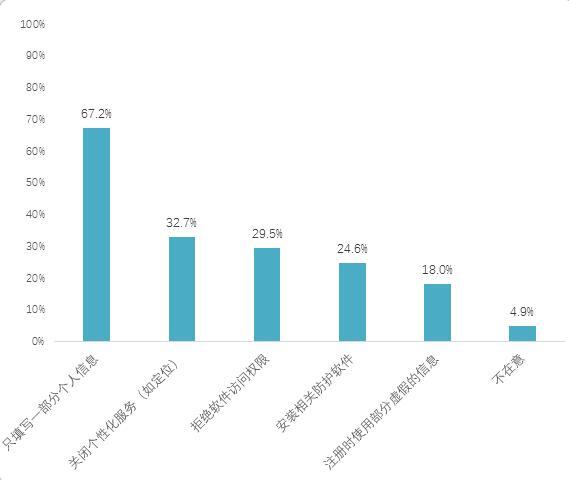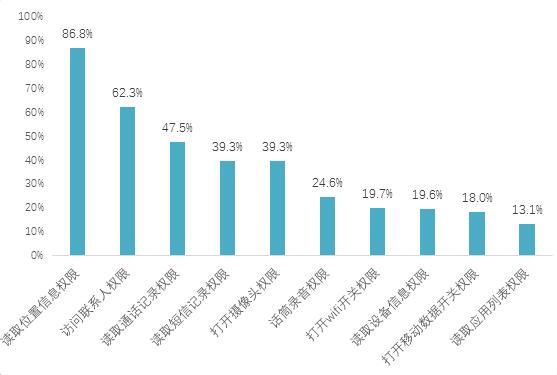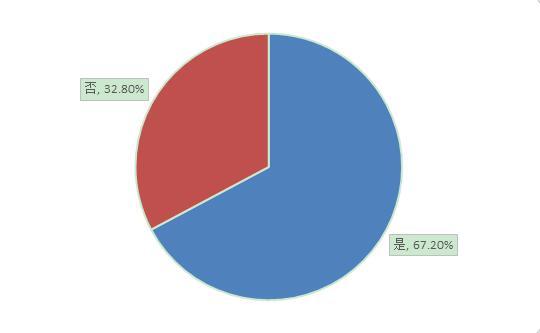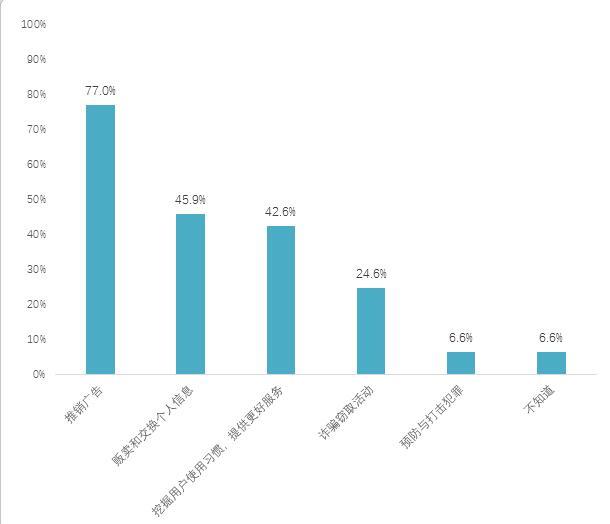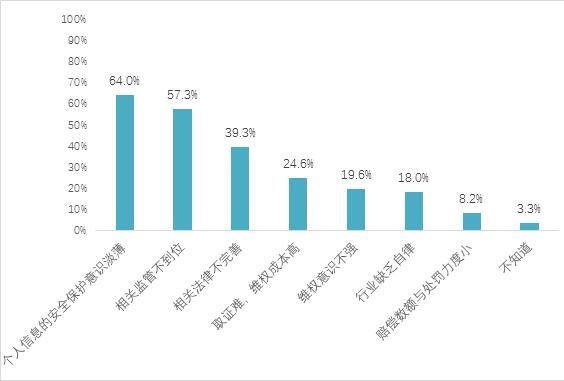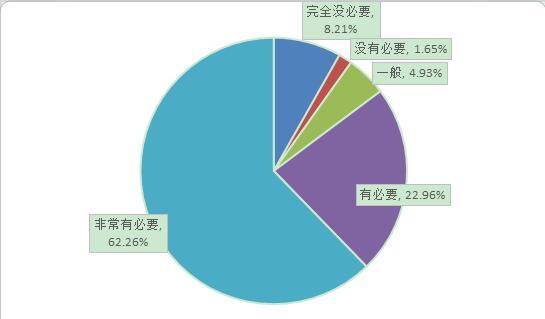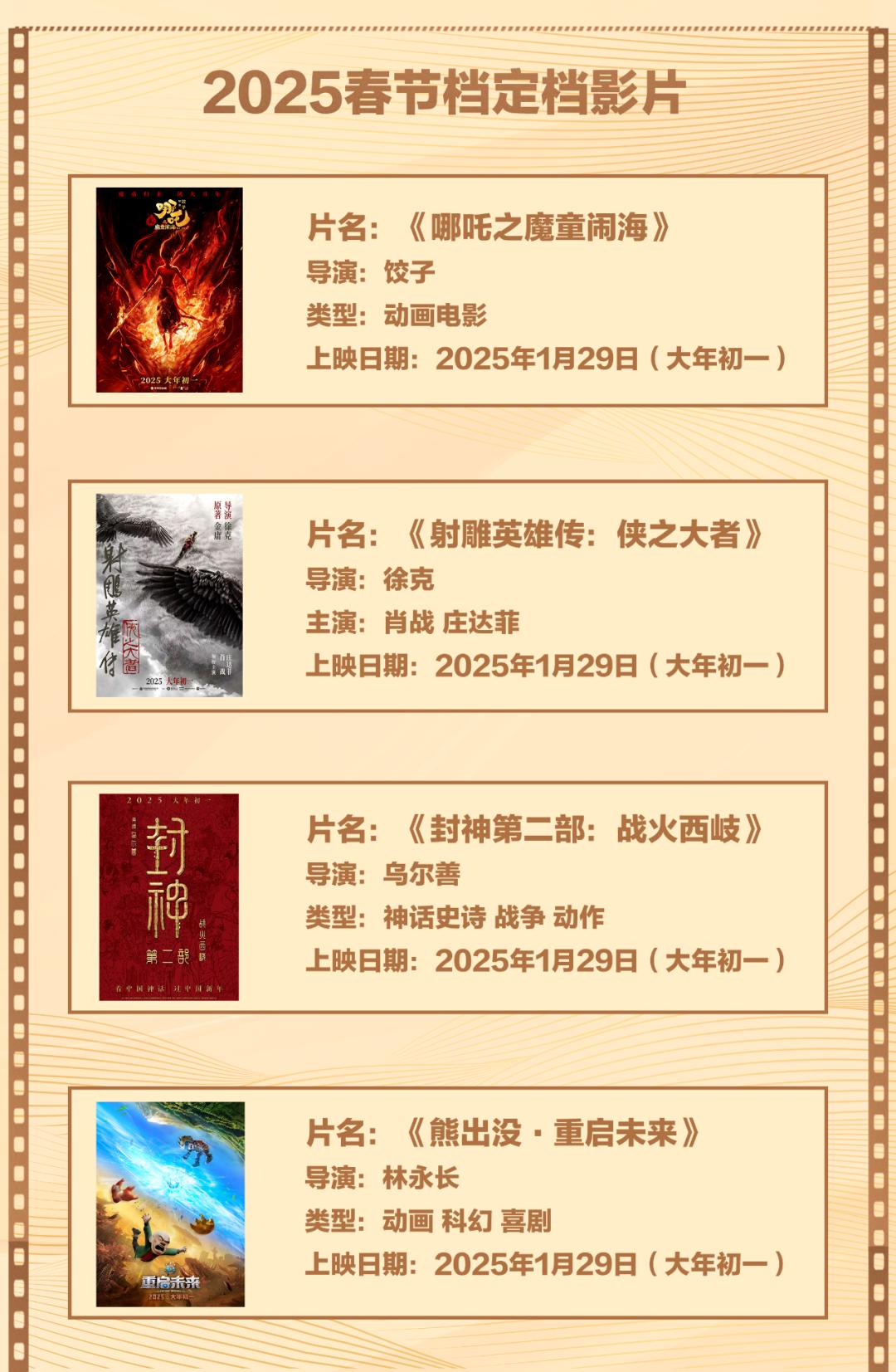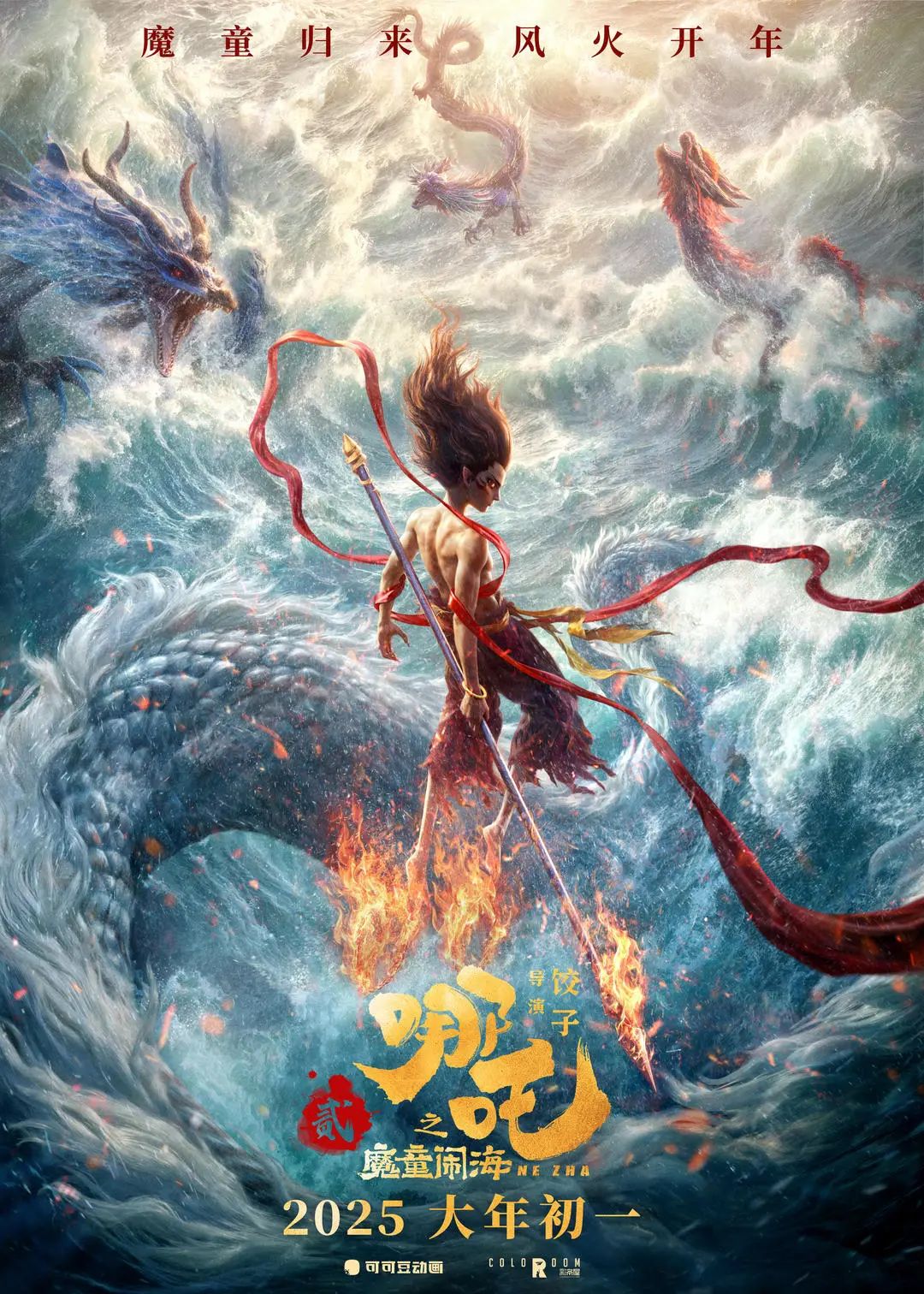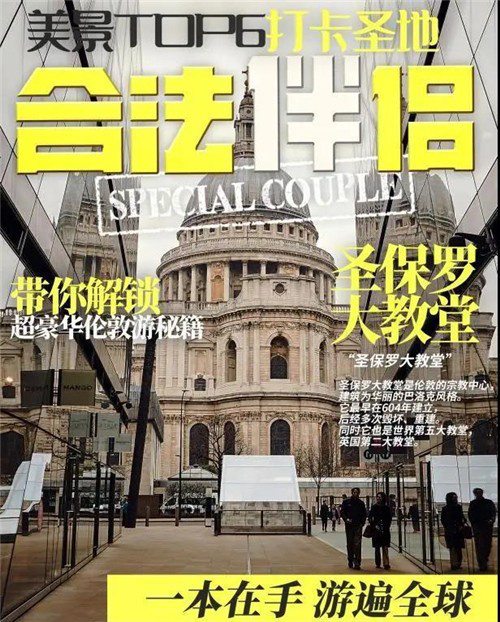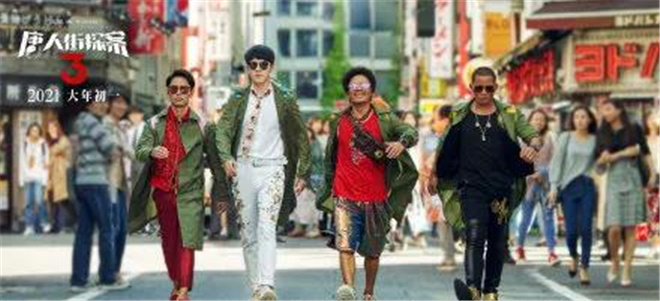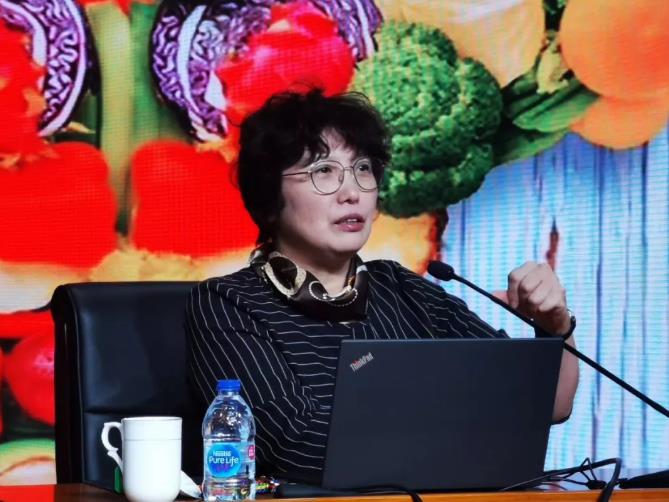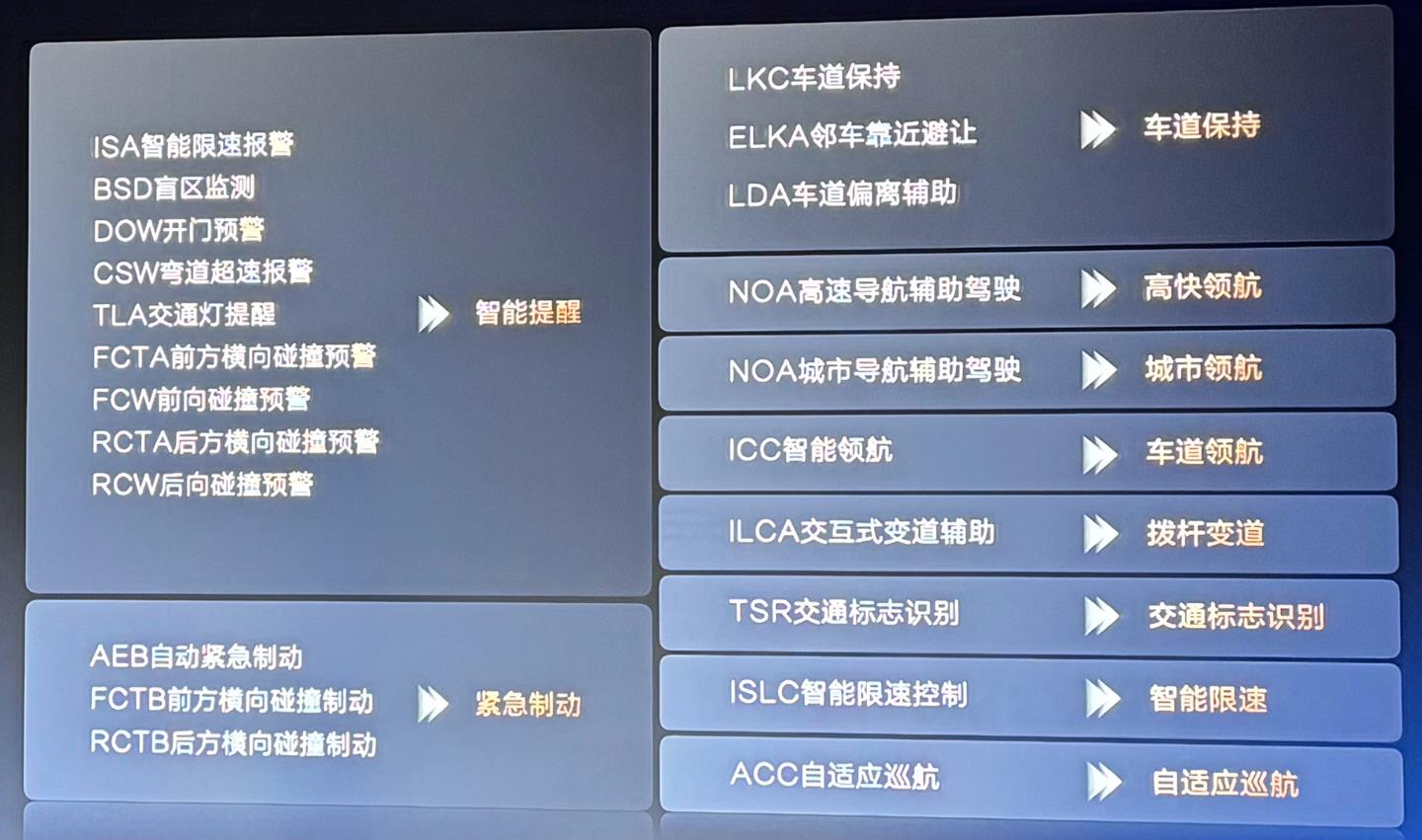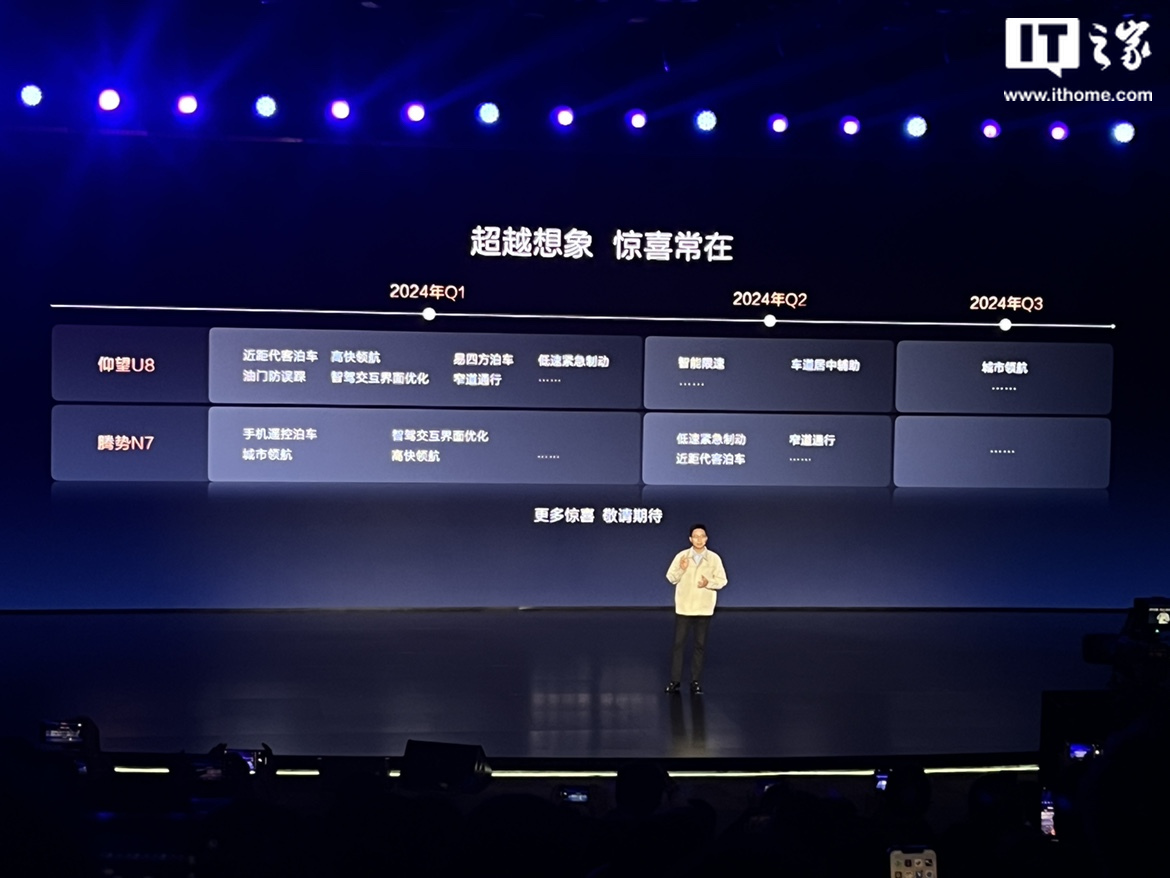Xinhua News Agency, Davos, Switzerland, January 17th-The Supreme Leader of president attended the opening ceremony of the 2017 annual meeting of the World Economic Forum on January 17th and delivered a keynote speech entitled "Sharing the responsibility of the times and promoting global development together". The full text of the speech is as follows:
Sharing the responsibility of the times and promoting global development
— — Keynote speech at the opening ceremony of the 2017 annual meeting of the World Economic Forum
(Davos, January 17, 2017)
Chairman People’s Republic of China (PRC), Supreme Leader
Dear President Leuther Harder and Mr. Hausen,
Distinguished heads of state, heads of government, deputy heads of state and their wives,
Dear heads of international organizations,
Dear President Schwab and his wife,
Ladies and gentlemen, friends,
I am very happy to come to beautiful Davos. Although Davos is only a small town in the Alps, it is an important window to observe the world economy. Everyone gathered here from all directions, and all kinds of ideas collided with sparks of wisdom, and achieved high output with less input. I think this phenomenon can be called "Schwab economics".
"This is the best time, but also the worst time", British writer Dickens once described the world after the industrial revolution. Today, we also live in a contradictory world. On the one hand, material wealth is accumulating, scientific and technological progress is changing with each passing day, and human civilization has developed to the highest level in history. On the other hand, regional conflicts occur frequently, and global challenges such as terrorism and refugee flows are one after another. Poverty, unemployment and income gap are widening, and the uncertainty facing the world is rising.
In this regard, many people are confused. What happened to the world?
To solve this puzzle, we must first find the root of the problem. There is a view that the world chaos is attributed to economic globalization. Economic globalization was once regarded as the cave of Alibaba, and now it is regarded as Pandora’s box by many people. The international community has held extensive discussions around the issue of economic globalization.
Today, I want to talk about my views on the world economy from the perspective of economic globalization.
What I want to say is that many problems that plague the world are not caused by economic globalization. For example, in the past few years, the tide of refugees from the Middle East and North Africa has affected the whole world, millions of people have been displaced, and even many young children have been buried in the sea on the way, which makes us sad. The causes of this problem are wars, conflicts and regional turmoil. The way to solve this problem is to seek peace, promote reconciliation and restore stability. For another example, the international financial crisis is not the inevitable product of the development of economic globalization, but the result of excessive profit-seeking of financial capital and serious lack of financial supervision. Simply blaming the problems that plague the world on economic globalization is neither in line with the facts nor helpful to solve the problems.
Historically, economic globalization is the objective requirement of the development of social productive forces and the inevitable result of scientific and technological progress, and it is not artificially created by any person or country. Economic globalization has provided a strong impetus for world economic growth and promoted the flow of goods and capital, the progress of science and technology and civilization, and people-to-people exchanges among countries.
Of course, we also have to admit that economic globalization is a "double-edged sword". When the world economy is in a downturn, the "cake" of the global economy is not easy to get bigger or even smaller, and the contradiction between growth and distribution, capital and labor, efficiency and fairness will become more prominent, and both developed and developing countries will feel the pressure and impact. The voice of anti-globalization reflects the deficiency of the process of economic globalization, which deserves our attention and deep thinking.
"Sweet melons are bitter, and beautiful dates are thorns." Philosophically speaking, there is no perfect thing in the world. It is not comprehensive to regard it as perfect because it has advantages, and it is not comprehensive to regard it as useless because it has disadvantages. Economic globalization has indeed brought new problems, but we can’t kill it with a stick, but we should adapt to and guide it, eliminate its negative effects and make it better benefit every country and nation.
At that time, China had misgivings about economic globalization and had misgivings about joining the World Trade Organization. However, we believe that integration into the world economy is the historical direction. If China wants to develop its economy, it must dare to swim in the sea of Wang Yang in the world market. If it never dares to go to the sea to see the world, it will drown in the sea one day. Therefore, China bravely entered the world market. In this process, we choked over water, encountered whirlpools and encountered storms, but we learned to swim in swimming. This is the right strategic choice.
The sea of the world economy, whether you want it or not, is there and you can’t avoid it. It is impossible to artificially cut off the capital flow, technology flow, product flow, industrial flow and personnel flow of various countries’ economies, and let the sea of the world economy retreat to isolated small lakes and rivers, which is also inconsistent with the historical trend.
Human history tells us that it is not terrible to have problems. What is terrible is that we dare not face the problems directly and cannot find a way to solve them. Facing the opportunities and challenges brought by economic globalization, the correct choice is to make full use of all opportunities, cooperate with all challenges, and guide the direction of economic globalization.
At the end of last year, I proposed at the informal meeting of APEC leaders that the process of economic globalization should be more dynamic, inclusive and sustainable. We should take the initiative and manage appropriately, so as to release more positive effects of economic globalization and realize the rebalancing of the process of economic globalization; We should conform to the general trend, combine the national conditions and correctly choose the path and rhythm of integrating into economic globalization; We should stress efficiency and fairness, so that different countries, different classes and different people can share the benefits of economic globalization. This is the responsibility of the leaders of our time, and it is also the expectation of people from all over the world.
Ladies and gentlemen, friends!
At present, the most urgent task is to lead the world economy out of the predicament. The world economy has been in a long-term downturn, and the gap between the rich and the poor and the gap between the north and the south has become more prominent. The root cause is that the three prominent contradictions in the economic field have not been effectively solved.
First, the global growth momentum is insufficient to support the sustained and steady growth of the world economy. The growth rate of the world economy is at the lowest level in seven years, and the growth rate of global trade continues to be lower than the economic growth rate. Short-term policy stimulus is not effective, and deep-seated structural reforms are still being promoted. The world economy is in the shift period of kinetic energy conversion, and the pulling effect of traditional growth engines on the economy is weakened. Although new technologies such as artificial intelligence and 3D printing are constantly emerging, new economic growth points have not yet formed. The world economy has still failed to open up a new path.
Second, global economic governance is lagging behind and it is difficult to adapt to the new changes in the world economy. Not long ago, Ms. Lagarde told me that the contribution rate of emerging market countries and developing countries to global economic growth has reached 80%. In the past few decades, the international economic power has undergone profound changes, but the global governance system has failed to reflect the new pattern, which is not representative and inclusive enough. The global industrial layout is constantly adjusting, and new industrial chains, value chains and supply chains are increasingly formed. However, trade and investment rules have failed to keep up with the new situation, and the mechanism is closed and the rules are fragmented. The global financial market needs to strengthen its ability to resist risks, but the global financial governance mechanism has failed to meet the new demand, and it is difficult to effectively solve the problems such as frequent turmoil in the international financial market and the accumulation of asset bubbles.
Third, the global development is unbalanced and it is difficult to meet people’s expectations for a better life. In his book The Fourth Industrial Revolution, Mr. Schwab wrote that the fourth industrial revolution will have an extremely extensive and far-reaching impact, including increasing inequality, especially the gap between capital return and labor return. The wealth of the richest 1% population in the world exceeds the sum of the wealth of the remaining 99% population, and the unequal income distribution and unbalanced development space are worrying. More than 700 million people in the world still live in extreme poverty. For many families, having a warm house, enough food and a stable job is still a luxury. This is the biggest challenge facing the world today, and it is also an important reason for social unrest in some countries.
These problems reflect that there are problems that must be solved in the current world economic growth, governance and development model. Du Nan, the founder of the International Red Cross, said: "The real enemy is not our neighbors, but hunger, poverty, ignorance, superstition and prejudice." We should not only have the wisdom to analyze problems, but also have the courage to take action.
First, adhere to the drive of innovation and create a dynamic growth model. The fundamental problem facing the world economy is the lack of growth momentum. Innovation is the first driving force for development. Compared with previous industrial revolutions, the fourth industrial revolution unfolded at an exponential but nonlinear speed. We must find a way out in innovation. Only by daring to innovate and change can we break through the bottleneck of world economic growth and development.
The G20 leaders reached an important consensus at the Hangzhou Summit, and they should take innovation as an important starting point to tap new impetus for economic growth of countries and the world. We should innovate the concept of development, go beyond the debate about whether fiscal stimulus is more or monetary easing is more, and establish the idea of treating both the symptoms and root causes and comprehensive policies. We should innovate policy means, promote structural reforms, create space for growth and increase stamina. We should innovate the growth mode, grasp the opportunities brought by the new round of industrial revolution and digital economy, not only deal with the challenges brought by climate change and aging population, but also resolve the impact of informationization and automation on employment, and pay attention to creating new employment opportunities in the process of cultivating new industries, new formats and new models, so that people of all countries can regain their confidence and hope.
Second, adhere to synergy and create an open and win-win cooperation model. Human beings have become a community of destiny in which you have me and I have you. Their interests are highly integrated and interdependent. Every country has the right to development, and at the same time, it should consider its own interests at a broader level, not at the expense of the interests of other countries.
We must unswervingly develop an open world economy, share opportunities and interests in opening up and achieve mutual benefit and win-win results. You can’t retreat to the harbor as soon as you encounter a storm, it will never reach the other side. We must make great efforts to develop global connectivity, so that all countries in the world can achieve coordinated growth and move towards common prosperity. We must unswervingly develop global free trade and investment, promote the liberalization and facilitation of trade and investment in the process of opening up, and take a clear-cut stand against protectionism. Protectionism is like shutting yourself in a dark room. It seems to have escaped the wind and rain, but it also isolates the sun and the air. The result of a trade war can only be mutual loss.
Third, keep pace with the times and create a fair and reasonable governance model. Xiao Zhi governs affairs, and great wisdom governs the system. The urgency of the reform of the global economic governance system is becoming more and more prominent, and the voice of the international community is getting higher and higher. Only when the global governance system adapts to the new requirements of the international economic structure can it provide a strong guarantee for the global economy.
All countries, big or small, strong or weak, rich or poor, are equal members of the international community and should participate in decision-making, enjoy rights and fulfill obligations on an equal footing. It is necessary to give emerging market countries and developing countries more representation and voice. In 2010, the IMF’s quota reform program has come into effect, and this momentum should be maintained. We must adhere to multilateralism and safeguard the authority and effectiveness of the multilateral system. To keep promises and abide by rules, you can’t choose or choose according to your own wishes. The Paris Agreement is in line with the general direction of global development, and the results are hard-won. We should stick to it together and not give up lightly. This is our responsibility to future generations!
Fourth, adhere to fairness and tolerance and create a balanced and inclusive development model. "The trip to the avenue is also the world’s public." The purpose of development is to benefit the people. To make development more balanced, to make development opportunities more equal, and to share the fruits of development, it is necessary to improve the development concept and model and enhance the fairness, effectiveness and synergy of development.
We should advocate the social atmosphere of diligence, frugality and hard work, so that all people’s labor achievements can be respected. Efforts should be made to solve problems such as poverty, unemployment and widening income gap, take care of the concerns of vulnerable groups and promote social fairness and justice. We should protect the ecological environment, promote the coordinated development of economy, society and environment, and realize the harmony between man and nature and between man and society. It is necessary to implement the United Nations 2030 Agenda for Sustainable Development and achieve balanced development on a global scale.
"If you do what you do, you will be invincible; What the wisdom of all people does is nothing. " As long as we firmly establish the sense of community of human destiny, work together, share responsibility, help each other in the same boat and tide over difficulties together, we will certainly be able to make the world better and people happier.
Ladies and gentlemen, friends!
After 38 years of reform and opening up, China has become the second largest economy in the world. The road determines fate. The key to the development of China lies in that the people of China, under the leadership of the Communist Party of China, have embarked on a development path suitable for China’s national conditions.
This is a road established from the national conditions of our country. China, based on its own national conditions and practice, draws wisdom from Chinese civilization, absorbs the strengths of eastern and western schools, sticks to it without being rigid, draws lessons from it without copying it, and forms its own development path through constant exploration. All roads lead to Rome. No one should regard their own development path as a statue, let alone impose their own development path on others.
This is a road that puts people’s interests first. China adheres to the people-centered development thought, taking improving people’s lives and enhancing people’s well-being as the starting point and the end result, seeking development impetus among the people, relying on the people to promote development, and making development benefit the people. China adheres to the goal of common prosperity, vigorously promotes the cause of poverty reduction, helps more than 700 million people get rid of poverty, and is making rapid progress towards the goal of building a well-off society in an all-round way.
This is a road of reform and innovation. China persists in solving the difficulties and challenges encountered in its progress through reform, dares to gnaw at hard bones and wade into dangerous beaches, dares to break down institutional and institutional obstacles that hinder development, and constantly liberates and develops social productive forces and enhances social vitality. In the past four years, we have launched more than 1,200 reform measures on the basis of continuous reform in the previous 30 years, which has injected a strong impetus into the development of China.
This is a road to seek common development in opening up. China adheres to the basic national policy of opening to the outside world, pursues a win-win opening strategy, constantly enhances the internal and external linkage of development, and benefits more other countries and people while realizing its own development.
China has made great achievements in its development, and the people’s lives in China have been greatly improved, which is good for China and the world. China’s development achievements are the result of decades of hard work, blood and sweat by the people of Chinese. For thousands of years, the Chinese nation has been known for its hard work and hard work. The people of China know very well that there is no free lunch in the world. China is a big country with a population of more than 1.3 billion. If you want to develop, you have to work hard on your own, and you can’t rely on the gifts of others. No one in the world has such ability.
Observing the development of China depends on what the people of China have gained and what the people of China have worked hard. It depends not only on what China has achieved, but also on what China has contributed to the world. This is a comprehensive view.
From 1950 to 2016, despite its low level of long-term development and people’s living standards, China provided more than 400 billion yuan in foreign aid, implemented more than 5,000 foreign aid projects, including nearly 3,000 complete sets of projects, held more than 11,000 training courses, and trained more than 260,000 people of various types in China for developing countries. Since the reform and opening up, China has attracted more than 1.7 trillion US dollars of foreign investment and 1.2 trillion US dollars of foreign direct investment, which has made great contributions to the development of the world economy. Since the outbreak of the international financial crisis, the contribution rate of China’s economic growth to world economic growth has been above 30% annually. These figures are among the best in the world.
From these figures, we can see that the development of China is an opportunity for the world, and China is a beneficiary and a contributor of economic globalization. China’s rapid economic growth has provided a sustained and powerful impetus to global economic stability and growth. The coordinated development of China and a large number of countries has made the global economic development more balanced. China’s great achievements in poverty reduction have made global economic growth more inclusive. China’s continuous reform and opening up has provided an important impetus for the development of an open world economy.
The people of China are well aware of the hardships of achieving national prosperity and strength. They all praise the development achievements made by the people of other countries and wish them all the best. They all hope that their lives will get better and better, and they will not commit "red eye disease" or complain that others have gained great opportunities and rich returns from the development of China. The people of China welcome people from all countries to take the "express train" and "free ride" developed by China with open arms.
Ladies and gentlemen, friends!
Many people are paying attention to the economic development trend of China. China’s economic development has entered a new normal, and major changes are taking place in economic growth rate, economic development mode, economic structure and economic development momentum. However, the long-term positive fundamentals of China’s economy have not changed.
In 2016, against the background of weak world economy, China’s economy is expected to grow by 6.7%, still in the forefront of the world. Now, the size of China’s economy can’t be compared with the past, and the kinetic energy of agglomeration can’t be reached by the past double-digit growth. China residents’ consumption and service industry have become the main driving forces of economic growth. In the first three quarters of 2016, the added value of tertiary industry accounted for 52.8% of GDP, and the contribution rate of domestic consumption to economic growth reached 71%. Residents’ income and employment have achieved steady growth, energy consumption per unit of GDP has continued to decline, and green development has achieved initial results.
At present, China’s economy is facing certain downward pressure and many difficulties, such as the contradiction between overcapacity and upgrading of demand structure, the lack of endogenous motivation for economic growth, the accumulation of financial risks and the increase of difficulties in some areas. We believe that these are inevitable stage phenomena in the process of progress, and we are making great efforts to solve these problems and contradictions, and have continuously achieved positive results. Our firm determination to move forward will not waver. China is still the largest developing country in the world. China has a population of more than 1.3 billion, and its people’s living standard is not high, but it also means great development potential and space. Under the guidance of the development concept of innovation, coordination, green, openness and sharing, we will constantly adapt to, grasp and lead the new normal of China’s economic development, and make overall plans to stabilize growth, promote reform, adjust structure, benefit people’s livelihood and prevent risks, so as to promote China’s economy to maintain medium and high-speed growth and move towards the middle and high-end level.
— — China will focus on improving the quality and efficiency of economic growth, change the mode of economic development around the main line of supply-side structural reform, optimize the economic structure, actively promote de-capacity, de-inventory, de-leverage, reduce costs and make up shortcomings, foster new growth momentum, develop advanced manufacturing industries, realize the upgrading of the real economy, implement the "internet plus" action plan in depth, expand effective demand, better meet people’s personalized and diversified needs, and better protect the ecological environment.
— — China will continue to stimulate growth momentum and market vitality, intensify reforms in important areas and key links, make the market play a decisive role in resource allocation, hold the "bull’s nose" of innovation, promote the development strategy of innovation-driven development, promote the development of strategic emerging industries, focus on upgrading traditional industries with new technologies and new formats, and promote the development and growth of new kinetic energy and the rejuvenation of traditional kinetic energy.
— — China will actively create a relaxed and orderly investment environment, relax foreign investment access, build a high-standard free trade pilot zone, strengthen property rights protection, promote fair competition, and make the China market more transparent and standardized. It is estimated that in the next five years, China will import 8 trillion US dollars of goods and absorb 600 billion US dollars of foreign investment, with a total foreign investment of 750 billion US dollars and 700 million outbound tourists. This will provide countries around the world with a broader market, more capital, richer products and more valuable opportunities for cooperation. For the industrial and commercial circles of all countries, the development of China is still an opportunity for everyone. The door of China is always open to the world and will not be closed. With the door open, the world can enter China and China can go to the world. We hope that the doors of all countries will also be open to China investors fairly.
— — China will vigorously build a common development pattern of opening to the outside world, promote the construction of the Asia-Pacific Free Trade Area and the negotiation of regional comprehensive economic partnership agreements, and build a global network of free trade areas. China has always advocated building an open, transparent, mutually beneficial and win-win regional free trade arrangement, rather than engaging in exclusive and fragmented circles. China has no intention to enhance its trade competitiveness through RMB depreciation, let alone take the initiative to wage currency wars.
More than three years ago, I proposed the Belt and Road Initiative. Over the past three years, more than 100 countries and international organizations have actively responded to support, and more than 40 countries and international organizations have signed cooperation agreements with China. The "circle of friends" of the Belt and Road Initiative is constantly expanding. China enterprises have invested more than 50 billion dollars in countries along the route, and a series of major projects have blossomed, which has promoted the economic development of various countries and created a large number of employment opportunities. It can be said that the Belt and Road Initiative came from China, but its effectiveness has benefited the world.
In May this year, China will host the "One Belt, One Road" international cooperation summit forum in Beijing to discuss cooperation plans, build a cooperation platform, share cooperation achievements, find solutions to the current problems facing the world and regional economies, inject new energy into the coordinated development, and make the "One Belt, One Road" construction better benefit people of all countries.
Ladies and gentlemen, friends!
The development of world history tells us that there has never been a smooth road to the progress of human civilization, and human beings are advancing in the struggle against difficulties. No matter how difficult it is, it is impossible to stop the pace of human progress. When you encounter difficulties, don’t blame yourself, don’t blame others, don’t give up confidence, don’t shirk your responsibilities, but overcome them together. History is made by brave people. Let’s show confidence, take action and move forward hand in hand towards the future!
Thank you all.

